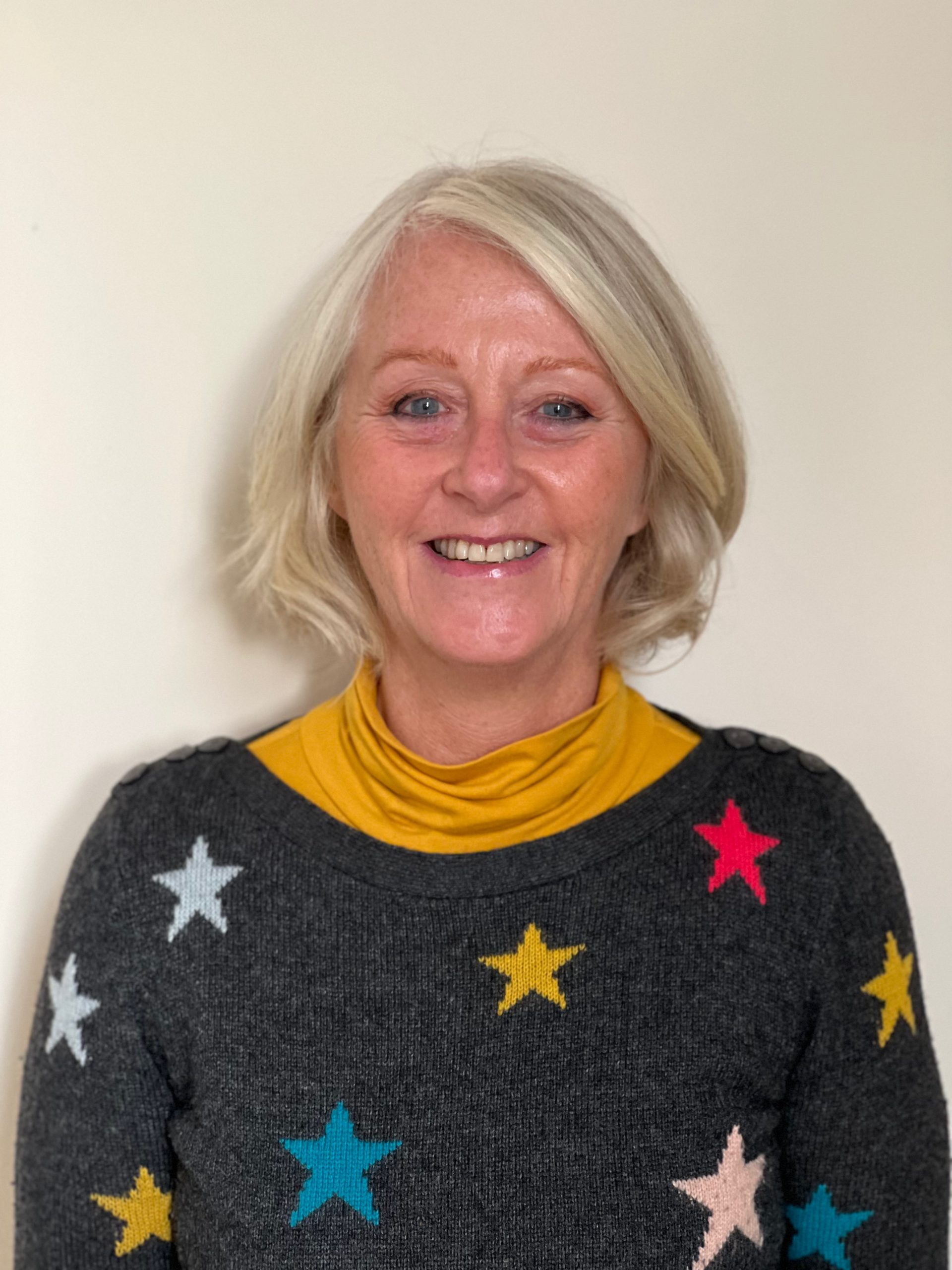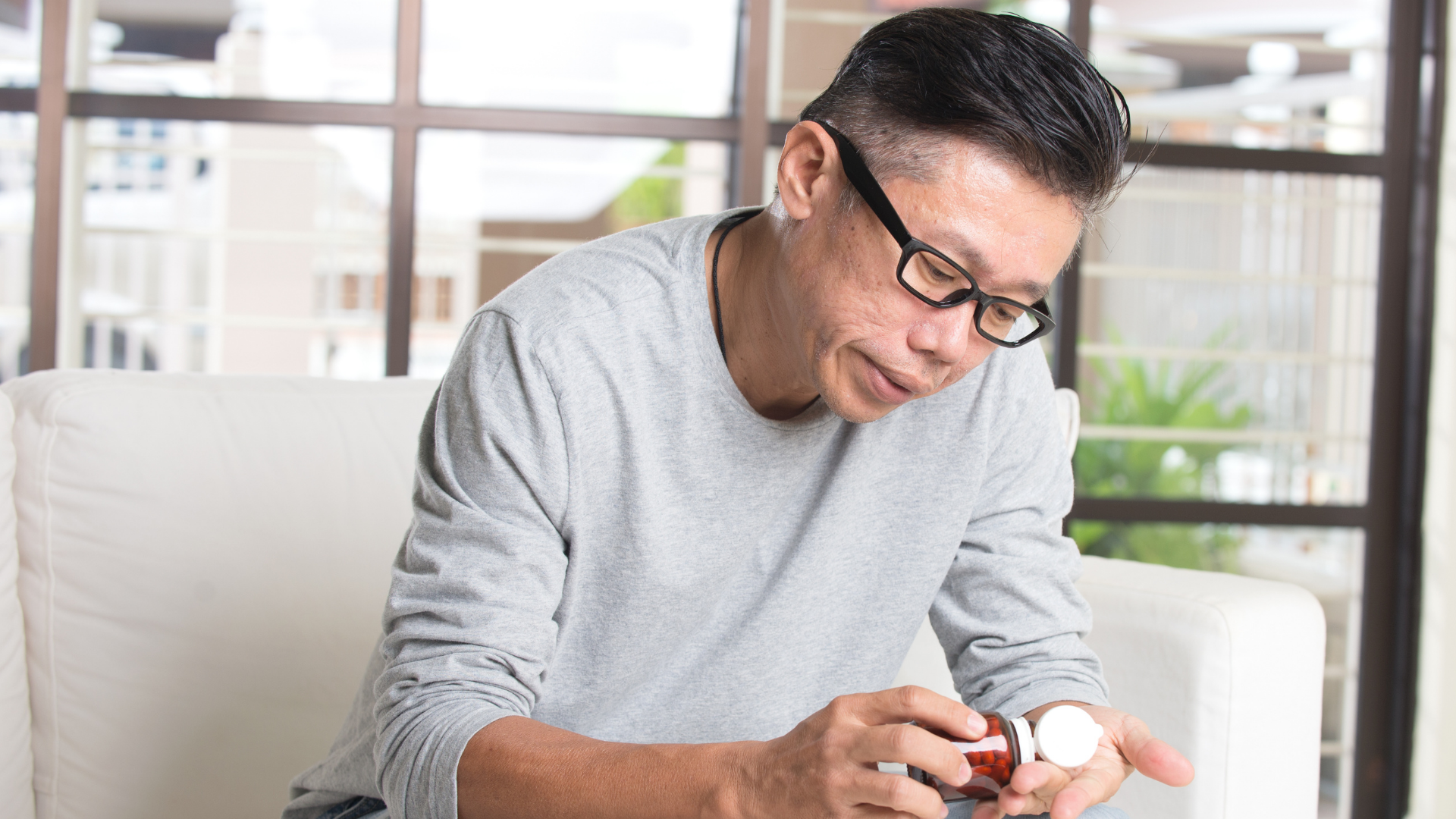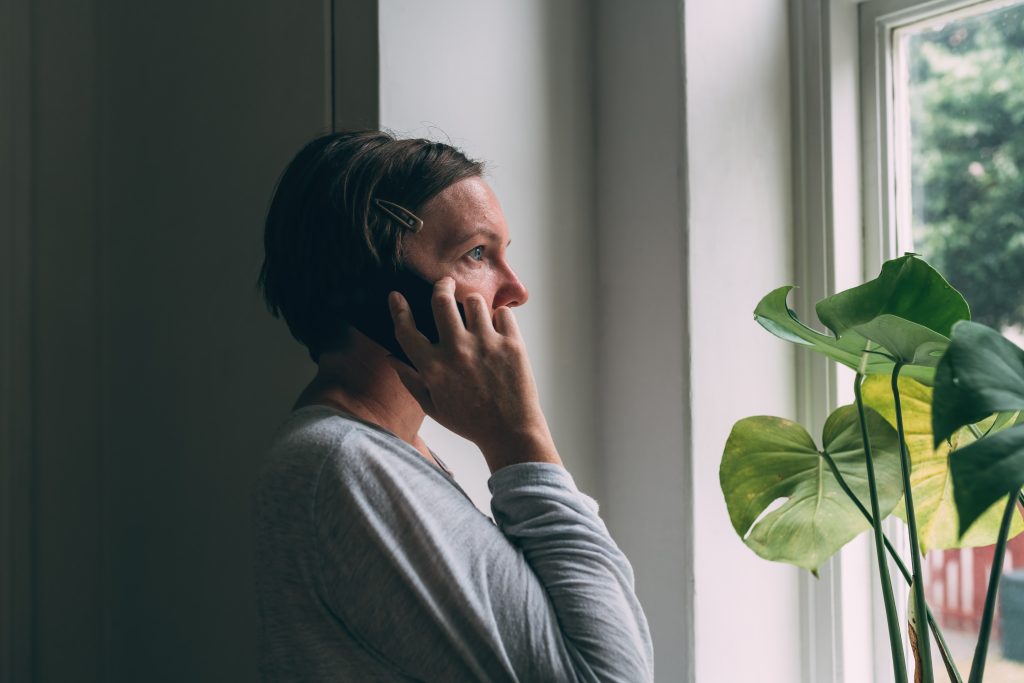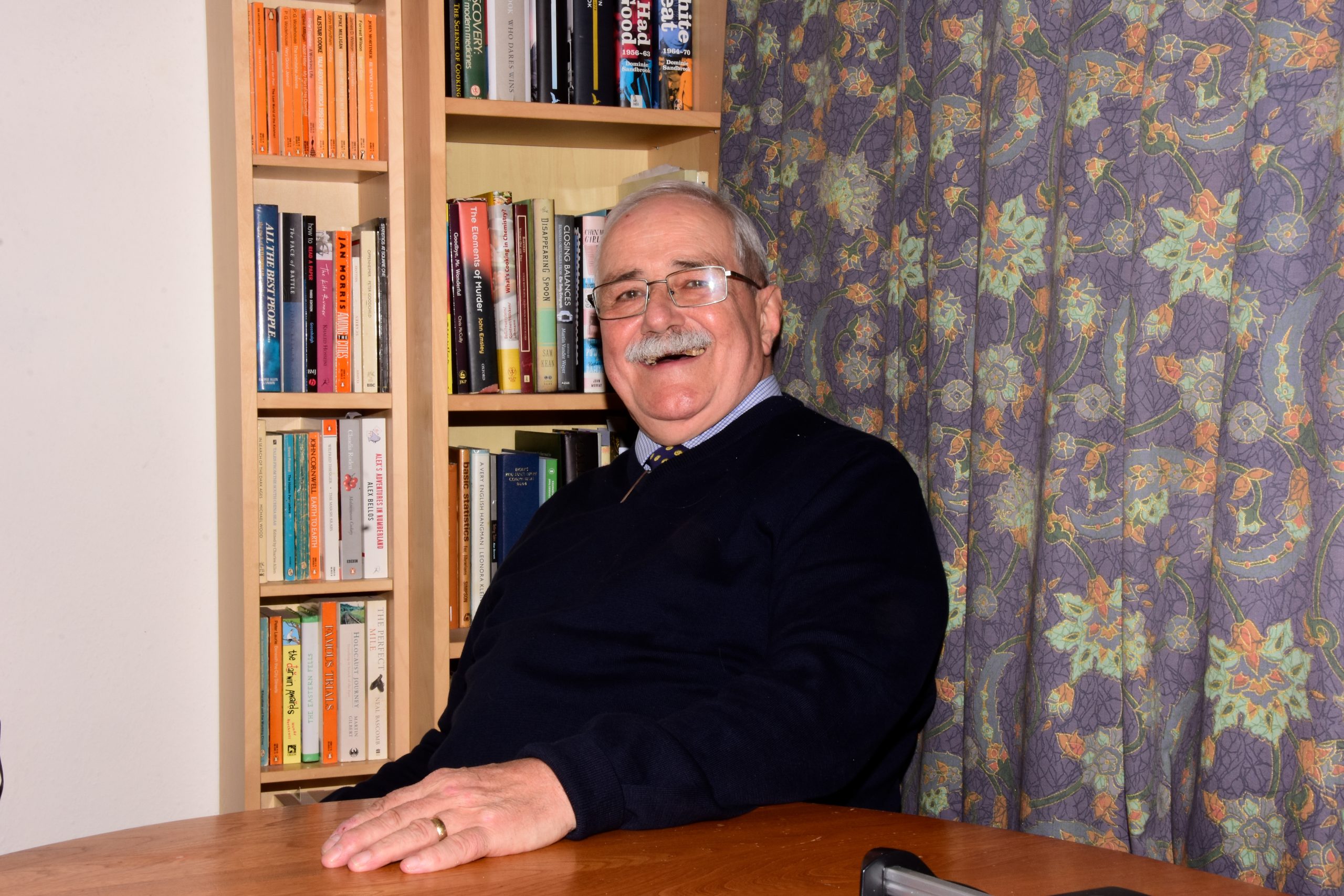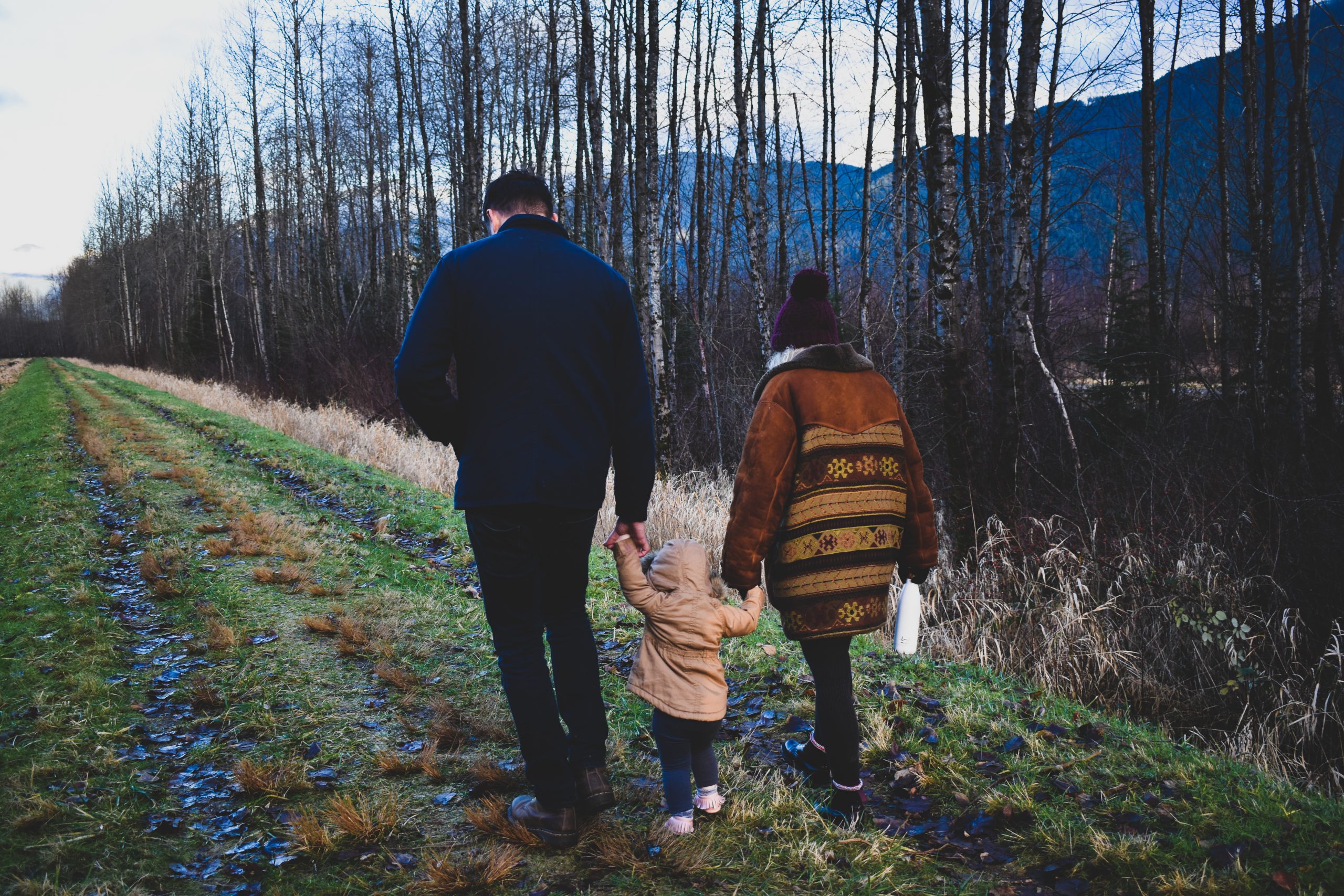About our free and confidential Addiction Support
Our confidential Addiction Support service provides safe and easy access to support for individuals experiencing problems with alcohol and other legal and illegal substances, gambling and mood-altering and potentially addictive behaviours (including pornography, sex, shopping, eating and exercise). We also support those affected by someone else’s addictive behaviour.
It can be daunting to ask for help but things only tend to get worse if you delay. If you or someone you know is experiencing problems with addiction, we encourage you to reach out. Once you take that first step, we’ll ensure you have access to all the help you’re eligible for.
We are a completely independent charity exclusively serving the needs of pharmacists, students and trainees. Your contact with our Addiction Support service is entirely confidential – we do not report to the GPhC or any other organisation.
You don’t need to tell us who you are when you first make contact. If you decide to access our addiction service we may then need some relevant information about you.
This page details the confidential support available through the charity.
Jump to …
Help from Pharmacist Support
Addiction Support Helpline
Help for Eating Disorders
Other groups and organisations who can help
Pharmacy Professionals Recovery Group
More organisations who can help
Supporting someone through addiction
Help from Pharmacist Support
Addiction Support Helpline
The charity has a dedicated confidential addiction support helpline.
Call the free and confidential helpline on 0808 168 5132 or email [email protected]
You will be able to speak confidentially to a non-pharmacist member of the Pharmacist Support Team. All we will need from you are a few basic details and you will be offered a referral to speak, one to one over the phone, to a fully qualified addictions counsellor who is very experienced with supporting pharmacists with addiction.
The counsellor can provide specialist support, signposting to local services or advice on treatment options if you are a pharmacist, trainee or student needing help for an addiction.
Family members, concerned friends or colleagues of a pharmacist, can request to speak with the addictions counsellor for advice and support on how best to help the person and manage your own wellbeing.
Where appropriate, the counsellor may suggest treatment for pharmacists such as a residential detox and treatment programme. Where residential treatment is recommended and the pharmacist is unable to self-fund, we can assess the need for financial help with the costs through our Essential Living Expenses Grant. Please note trainees and students are not eligible to access this level of treatment and financial support.
You can watch the full video with our addictions counsellor, Paul, on our YouTube channel, where he talks about his personal journey, addiction within the pharmacy profession, and the confidential help that you can access through our charity.
Watch now
Help for Eating Disorders
Support can also be accessed through our Addiction Support Programme for people dealing with an eating disorder. If you are a pharmacist, trainee or student needing help, the counsellor can provide confidential specialist support and advice on treatment options.
Go to Help for Eating Disorders
Further Support from other groups/organisations
Pharmacy Professionals Recovery Group (independent support group)
Talk to a Pharmacy Professional that has been there.
“Doing nothing, hoping the problem will go away, is not an option – it only gets worse”.
To be a pharmacy professional with an alcohol or drug dependency can be a very lonely place and you don’t have to navigate this without support. Talking confidentially to someone who has “been there” has been found by many pharmacists to be a very positive experience. Not only can it reassure you that you are not alone, but it can give hope that it is not the end of the world, and there can be, in time, a positive way forward.
The PPRG is an independent peer-led group of pharmacists in recovery, offering confidential, empathetic support both collectively and individually to those needing support with dependency issues. This group understands the unique pressures and stigma pharmacy professionals face and they’re here to help. Whether you need encouragement, a friendly face, or support in facing fitness to practice processes, the PPRG can provide one-to one or group support.
Meetings are held monthly on Zoom (first Sunday of the month) and participants can attend anonymously if preferred.
Any pharmacist, pharmacy technician, trainee or student concerned about their dependency issues with alcohol and/or drugs can request to join the group by emailing the address below.
To join or find out more: Email [email protected]
More organisations who can help
We understand that it can be difficult to reach out for support with dependency. If you’re not yet ready to speak to us about our range of free and confidential Addiction Support services, you may find help and guidance from the following organisations:
Supporting someone through addiction
Supporting a family member or colleague through their addiction struggles can be challenging. It’s important to help them stay focused on positive goals and acknowledge that recovery can take time. It’s also important to ensure prioritise self-care through what can be a stressful time. There are many organisations which offer support to those helping someone with addiction, including Adfam, Families Anonymous, Al-Anon, the NHS and National Association for Children of Alcoholics (NACOA).
Adfam
Adfam provides information and support for the families of drug and alcohol users.
Go to the Adfam website
Families Anonymous
Families Anonymous groups help the family and friends of people with a current, suspected or former drug problem by providing mutual support.
Go to the Famanon website
Al-Anon
Al-Anon Family Groups provide support to anyone whose life is, or has been, affected by someone else’s drinking.
Go to the Al-Anon website
NHS
This NHS webpage offers advice and support for the families of drug users.
Go the NHS website
NACOA
The National Association for Children of Alcoholics (NACOA) offers information, advice and support to children of alcohol-dependent parents.
Go to the NACOA website
This page was reviewed and updated in May 2025
